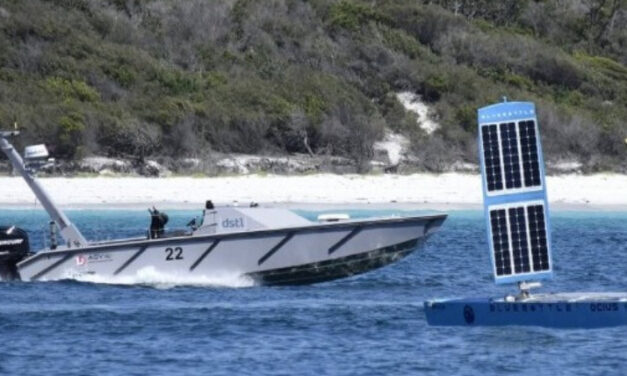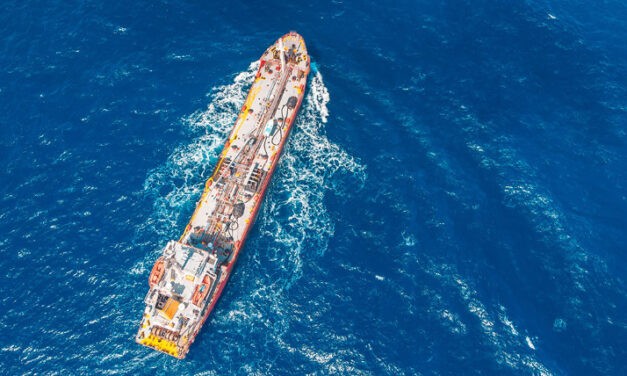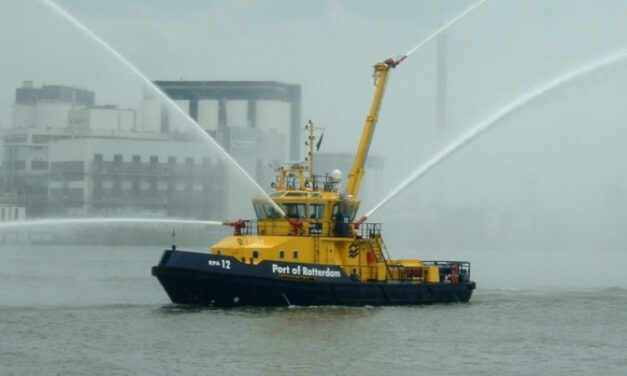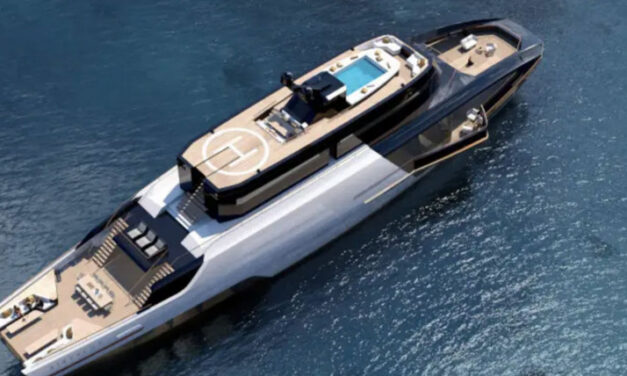North Sea countries want to become the "Green Power Plant of Europe".
Germany, Denmark, the Netherlands and Belgium sign offshore wind pact Government representatives from the North Sea countries met in the Danish town of Esbjerg on 18 May to sign a cooperation agreement on the development of offshore wind energy and green hydrogen. Their target is at least 65 GW by 2030 and 150 GW by 2050. The reliable winds, shallow waters and proximity to industrial centres that consume a lot of electricity make the North Sea an ideal location for the construction of offshore wind farms. "Today's agreement between the energy ministers is an important milestone in cross-border cooperation. It is the basis for the first real European power plants,...
Weiterlesen






Latest comments